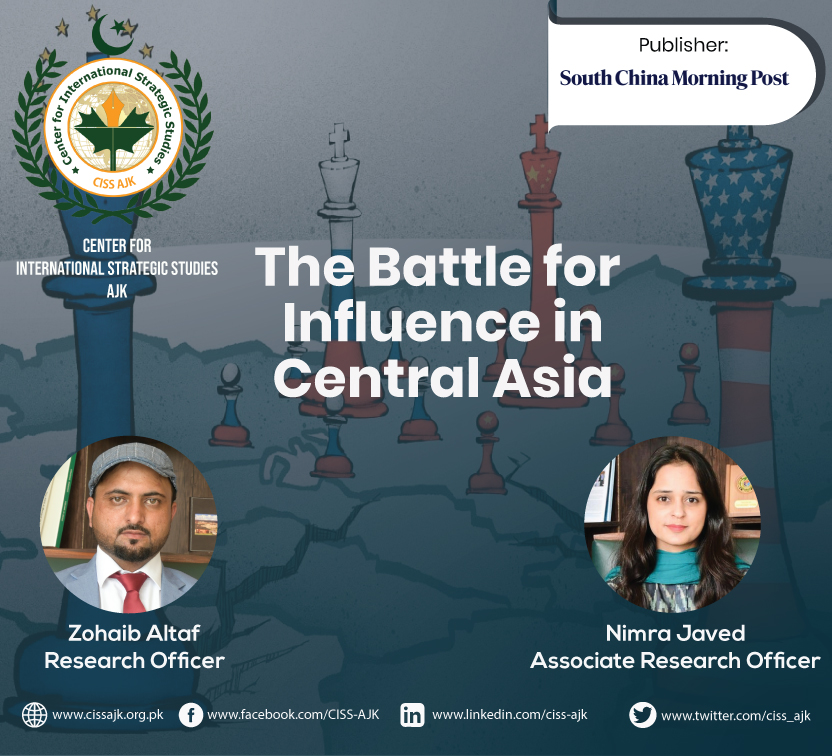These meetings have set the agenda for future relationships, emphasising the preservation of sovereignty and independence, as enshrined in the UN Charter. Regional issues were discussed, with a focus on finding regional solutions.
The discussions supported the initiation of new trade corridors and energy distribution, with promised increased infrastructure investments from the United States. Washington is also keen to start dialogue with Central Asian countries on mineral security.
Moreover, they identified five key areas of potential cooperation: energy, raw materials, agriculture, transport and vocational training. The European Union is already one of the biggest investors in Central Asia.
Moreover, the US has adopted a containment policy vis-à-vis China. Consequently, it is unlikely that relations among these competing entities will be non-zero-sum in nature, making it difficult for Central Asian countries to adopt a multi-aligned approach.
Any moves to incorporate Central Asian countries into a mineral security partnership is likely to encounter opposition from China and increase tensions, given Beijing’s investments in the region.
Amid growing geopolitical competition, US and European efforts to engage Central Asian states where China and Russia have vested interests could spark increased competition. This could reignite conflict and destabilise the region. Thus, cooperation and diplomacy are urgently needed to prevent a zero-sum game in Central Asia and ensure regional stability.



